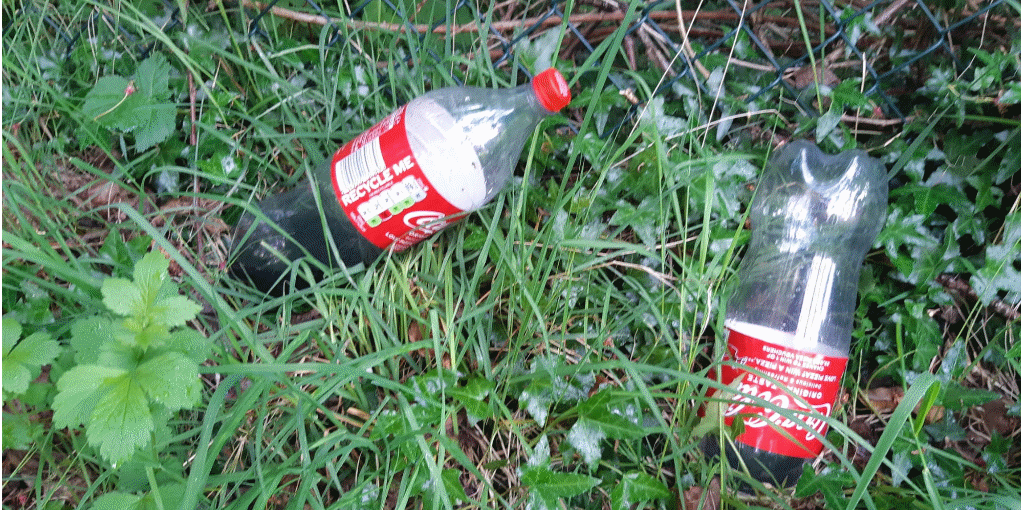Letter from Mark Langabeer, Hastings and Rye Labour Member
In last Thursday’s episode of Dispatches, the reporter, Ellie Flynn described herself as a cola addict. It’s the most popular soft drink in the world. It would appear that Rishi Sunak is a fan of the product. The company is ‘worth’ a staggering £211 billion. If you include other brands that are owned by Coca-Cola they sell around half of all soft drinks sold in the world. Over two billion bottles and cans are sold daily. £5 billion is spent on marketing the product. Like many other multinationals, it claims that it takes sustainability seriously. In practice, environmental concerns are more of a marketing tool. They were even a sponsor of the COP 27 Conference.
Flynn interviewed a number of experts on their claims of 100% recycling on some of the plastic bottles. It was noted that the 100% recycling of Coca-Cola’s bottles was on those that were most frequently used. It encouraged buyers if the bottles were recycled. The reality is that plastic degrades and the claims are bogus, Flynn interviewed a spokesperson from Local Government who stated that it was they who bear the cost of recycling plastics. It was pointed out that bottles in general bins are not recycled. Only around a half of plastic bottles are actually recycled in the UK. More accurately, it’s council tax that pays for the results of plastic pollution generated by the likes of Coca-Cola.
Until the 1970’s, coke and other soft drinks were sold in glass bottles. The conversion to plastic seemed like a good idea and that proved the case for the drinks companies. The recycling of bottles was then commonplace and a small amount of money was given on returns. The making of coke requires a lot of water. Dispatches interview a journalist from Malawi who stated that residents living close to a bottling plant suffered water shortages. Workers at the plant told the reporter that there was no real shortage of water because the company had huge tanks for water storage.
The story of Coca-Cola is another example of greenwashing by the large corporations. In my opinion, only public ownership can prevent the pollution caused by companies who are primarily interested in making profit. Public ownership is not simply some idealistic-driven policy that some suggest. It’s necessary to prevent the environmental degradation of our planet.
The Dispatches program is still available to view on the Channel 4 streaming service here.



